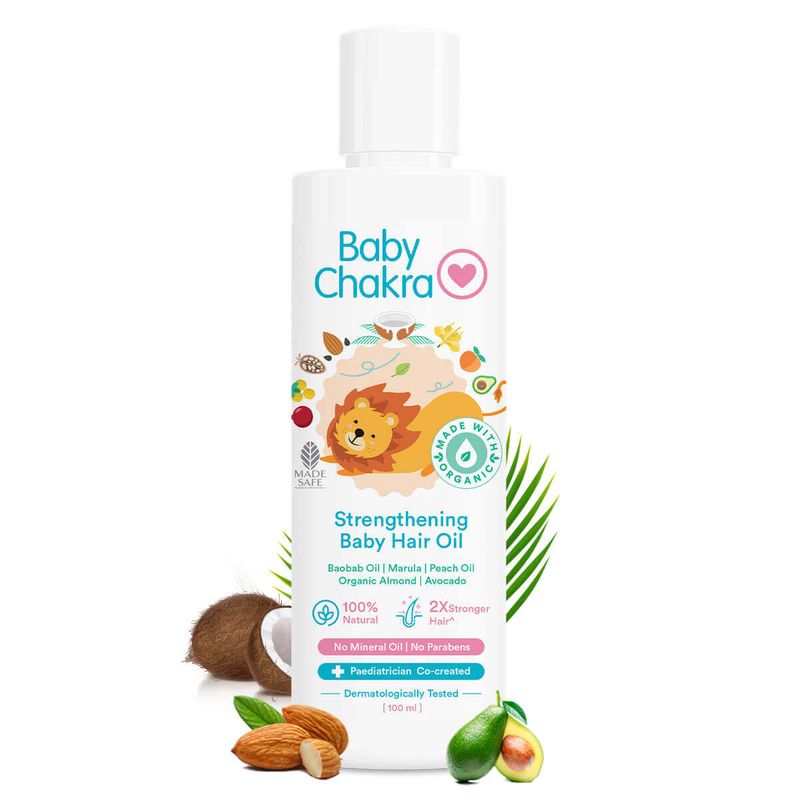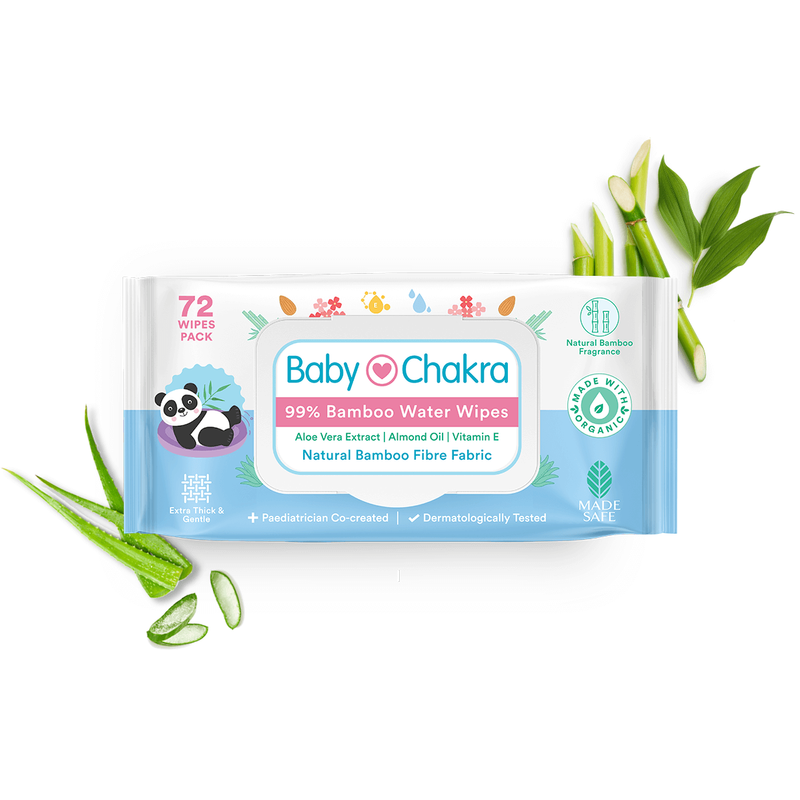
Mucus In Baby Poop: Causes And What To Do About It
23 Mar 2023 | 6 min Read
Sudeshna Chakravarti
Author | 799 Articles
Your baby’s stool has a typical appearance due to their formula, or milk-only diet. This may make it difficult to understand if your baby’s poop is normal, or something to call your doctor about. One such instance is noticing mucus in baby poop. While in some cases, the appearance of mucus in their stool is considered a part of the natural digestive process, other times it could indicate an underlying medical condition or infection.
So is mucus in your baby’s stool a cause for concern and does it require immediate medical attention? Read on to find out.
What Does Mucus In Poop Mean?
Mucus is a jelly-like, natural secretion produced by the mucous cells present across the gastrointestinal tract. It offers lubrication within the intestine and works as a barrier between the epithelial cells and bacteria that line the insides of the intestines.
When secretions from the other parts of the body, such as saliva and snot reach the gastrointestinal tract, they combine with the mucus secreted in the digestive system. This mucus travels with the waste produced by the intestines and is eventually excreted as poop.
Thus, noticing a small amount of mucus in poop is considered normal, and a part of the body’s regular function.
Knowing how to identify mucus in your little one’s everyday stools can help you determine whether it is normal, or indicates an underlying medical condition. We discuss more details on this in the next section.
How To Identify Mucus In Baby Poop?
You can try observing the following signs while trying to identify mucus in your baby’s stool.
- You will notice clear striations and strings in their poop. Mucus usually appears as streaks on the stool.
- You will see lumps of stool with gel-like coagulation.
- You may also notice a glisten or shine in your baby’s stool, similar to a gel.
Keep in mind that your baby’s stool will not appear if the amount of mucus in their stool is normal. It is when the mucus is in excess or accompanied by other symptoms that it becomes an indicator of a problem.
What Is The Exact Cause Of Excess Mucus In Baby Poop?
Irritable Bowel Syndrome
This is a genetic ailment that causes several symptoms like diarrhoea, abdominal pain, and excess white-coloured mucus in poop. If your baby has this condition, they may consistently produce excess mucus in their poop.
Cystic Fibrosis
This genetic disorder leads to the excess accumulation of mucus in the digestive system and lungs. Infants who suffer from cystic fibrosis may excrete more mucus as compared to other babies.
Intussusception
A condition where a section of the intestine folds and collapses on itself, creating a ring-like blockage. It is common among infants between the ages of five to nine months. Babies who have this condition may excrete mucus-ridden and jelly-like stools.
Bowel Polyps
These are small growths that emerge from the inner lining of the gastrointestinal tract. They often lead to mucus and rectal bleeding in stools. Bowel polyps in babies and toddlers are better known as juvenile polyps.
Allergies
If your baby has allergies or food intolerance, they may excrete mucus in their stool. This generally happens because of inflammation in their intestine due to indigestion from an allergic food.
When Is Mucus In Baby Poop A Cause Of Concern?
The following signs of mucus in your baby’s stool could indicate an underlying problem.
- If the poop appears entirely slimy, and your baby continues to constantly poop that way.
- If your baby’s poop is slimy and includes tiny red spots of blood.
- If your baby is in discomfort and crying while pooping.
- If you notice other symptoms of ill health, such as fever, stomach ache, and poor appetite.
Diagnosis Of Excess Mucucs In Baby Poop
Your healthcare provider will perform the following tests to determine if the presence of mucus in baby poop is a cause of concern.
- Visual and physical examination: The doctor will check for any anomaly or swelling in your baby’s abdominal cavity. They may also check your baby’s rectal opening to determine the presence of any concern.
- X-ray: An X-ray provides a clear image of your baby’s intestines and helps determine the presence of an obstruction.
- Ultrasound: A standard ultrasound will provide details of your baby’s gastrointestinal tract and helps check the presence of blockages or polyps.
Does Mucus In Baby Poop Require Medical Treatment?
Normal amounts of mucus in baby poop do not require medical treatment. But excess mucus accompanied by other symptoms may need management. Your doctor may take the following steps to treat excess mucus in your little one’s stool.
- Medication: This will help treat infections. Your baby will stop excreting mucus-laden stools once the bacteria causing the infection is eliminated from their body.
- Diet change: Your child’s doctor may recommend this to remove the suspected allergen and help subdue the allergy in their gastrointestinal tract. They may also suggest alternate formula options to replace the allergen.
- Long-term treatment: This is only necessary if your baby has a genetic disease that does not have a definitive cure. In this case, the doctor will suggest helpful tips to alleviate the symptoms, such as excess mucus in your baby’s poop.
Conclusion
Oftentimes, the apperance of mucus in baby poop is due to their exclusive breastmilk or formula-only diet. However, excess mucus in their poop, accompanied by other symptoms, such as fever and stomach ache may indicate an underlying infection or medical condition.
Hence, if you notice any abnormalities, make an appointment with your child’s paediatrician for timely diagnosis and treatment. Depending on your baby’s condition, the doctor may recommend medications or suggest diet changes to alleviate their symptoms.
Recommended Baby Care Products:
Also Read:
White curd in baby poop: What causes white curd in baby poop and is it a matter of concern? Tap this post to know.
Newborn belly button bleeding: How to care for your baby’s umbilical cord stump? We have you covered with a useful guide.
Baby lip blisters: We have discussed some natural ways to care for your baby’s lip blisters. Check them out.
Cover Image Credit: Freepik.com
A


Related Topics for you
Suggestions offered by doctors on BabyChakra are of advisory nature i.e., for educational and informational purposes only. Content posted on, created for, or compiled by BabyChakra is not intended or designed to replace your doctor's independent judgment about any symptom, condition, or the appropriateness or risks of a procedure or treatment for a given person.



